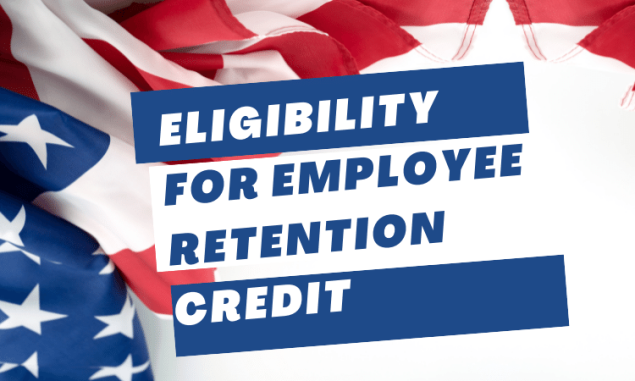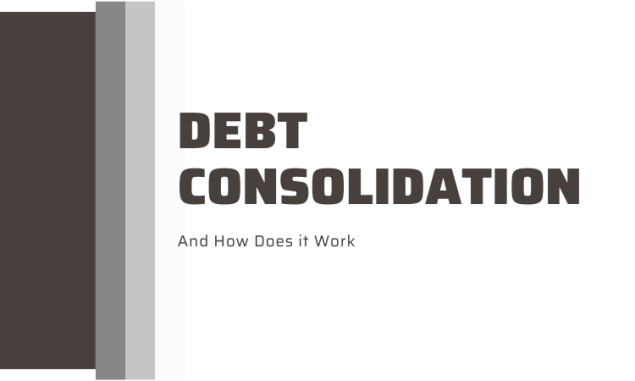Before you agree on cosigning a loan for your friend or family, spare 2 minutes of your time to read this.
When you are asked to cosign a loan, your instinct may agree out of pity to help them out of a financial spot.
This might also be a valuable way to show them that you care and stand by them.
However, before you pick up your pen and put your signature on that paper, there is something no one will tell you that you need to be aware of.
Even though cosigning a loan helps them gain access to the financial help they need at that time, you must be safe in the contract.
So, we have compiled in this article everything you need to know about cosigning a loan, the benefits, and the risk involved.
What Does Cosigning A Loan Mean?
Cosigning a loan for someone means you’re taking up the responsibility for the loan if the original borrower is unable to pay as agreed.
Moreover, the cosigned loan will show up on your credit report as if you took the loan which may or may not impact your credit scores.
You may have to sit down with the borrower to talk about the repayment plan and keep up with these financial obligations before you cosign a loan.
Because this requires that you understand what you are getting into.
Who Is A Cosigner?
A co-signer is someone who puts in their name as the primary borrower’s loan and agrees to be legally responsible for the loan amount, and other additional fees, if the borrower is unable to pay.
A cosigner is needed most of the time because the original borrowers are not qualified to take the loan themselves.
If you have a robust financial profile you may be chosen to cosign a loan for someone.
Meanwhile, cosigning for someone with a lower credit profile can improve their odds of qualifying or getting a lower interest rate.
A cosigner in this case has no right to the money but could be on the hook for repayment if the borrower couldn’t or didn’t pay up.
The Benefits Of Cosigning A Loan
Cosigning a loan is mostly beneficial for the individual for whom you agreed to be a cosigner.
It is also a great way to help them build a credit score
If the original borrower has a low credit profile or is just starting, they may have a hard time getting a loan or credit card with a good interest rate.
So, they need someone like you with a good credit profile to stand in for them and assure the lender that they will get repaid.
They in turn will be able to build a good credit score.
The Risk Of Cosigning A Loan
Before you put your pen on that paper, you need to be aware of what you are getting into.
Apart from the fact that you might be one to repay the loan if the borrower doesn’t turn up, we feel the need to let you know some more things.
This is because we are being careful to make sure it doesn’t have any negative impact on you or be seriously affected.
So, here are some risks attached to agreeing to be a cosigner:
Cosigning a loan could:
- Restrict your borrowing power.
- Lower your credit scores because the debt shows up on your credit reports as if it were your own.
So, your credit scores will be affected by any late or missed payments.
- Damage your relationship with the borrower if they refuse to pay up.
- Make you responsible for repayment if the borrower has financial difficulties and couldn’t pay.
How To Protect Your Credit As A Loan Designer
Before cosigning a loan, ask the lender what your rights and responsibilities are and if you’ll be notified if payment issues arise.
You can also ask the borrower to grant you access to the loan account so you can track payments.
In addition to that, you may have to create an arrangement between you, the co-signer, and the borrower upfront and in writing that spells out expectations for each person.
When You Should Agree to CoSign a Loan
It is safe to know where you stand before you cosign the loan.
So here are a few points to know if it is a good idea or not.
Cosign a loan if you’re In It Together
If you are borrowing with somebody for business or other purposes, it’s a good idea to co-sign.
If you Can Afford the Risk, you can cosign a loan.
If you can afford the entire amount of the loan repayments, you should agree to co-sign.
However, you will still need to ascertain that you will have the income and assets to qualify for any potential borrowing of your own.
Cosign a loan if you Want to Help
In cases where you feel like helping them get out of financial bondage, you can agree to cosign a loan.
In this case, you must be willing to take the substantial risk and get prepared if things go badly.
Final Thoughts on Cosigning A Loan
When you agree to cosign a loan, it means you are agreeing to be responsible for any outcomes of the loan.
You must have it in mind that the borrower may or may not with the repayment, so, you will be responsible for that.
In addition, cosigning loan benefits the original borrower more than it benefits you.
If they pay as and when due, they get to build to credit score and profile.
However, you must only agree to cosign a loan if you can pay it back, you want to help, or if you are taking the loan together.
Lastly, take your time to go through the risks attached to cosigning a loan before you agree to do it.
You can then proceed if it is what you can take responsibility for at your end.
We hope this article has helped solve the puzzle.
What’s your thought? Drop it in the comment section.
Don’t forget to check back for more interesting posts.









